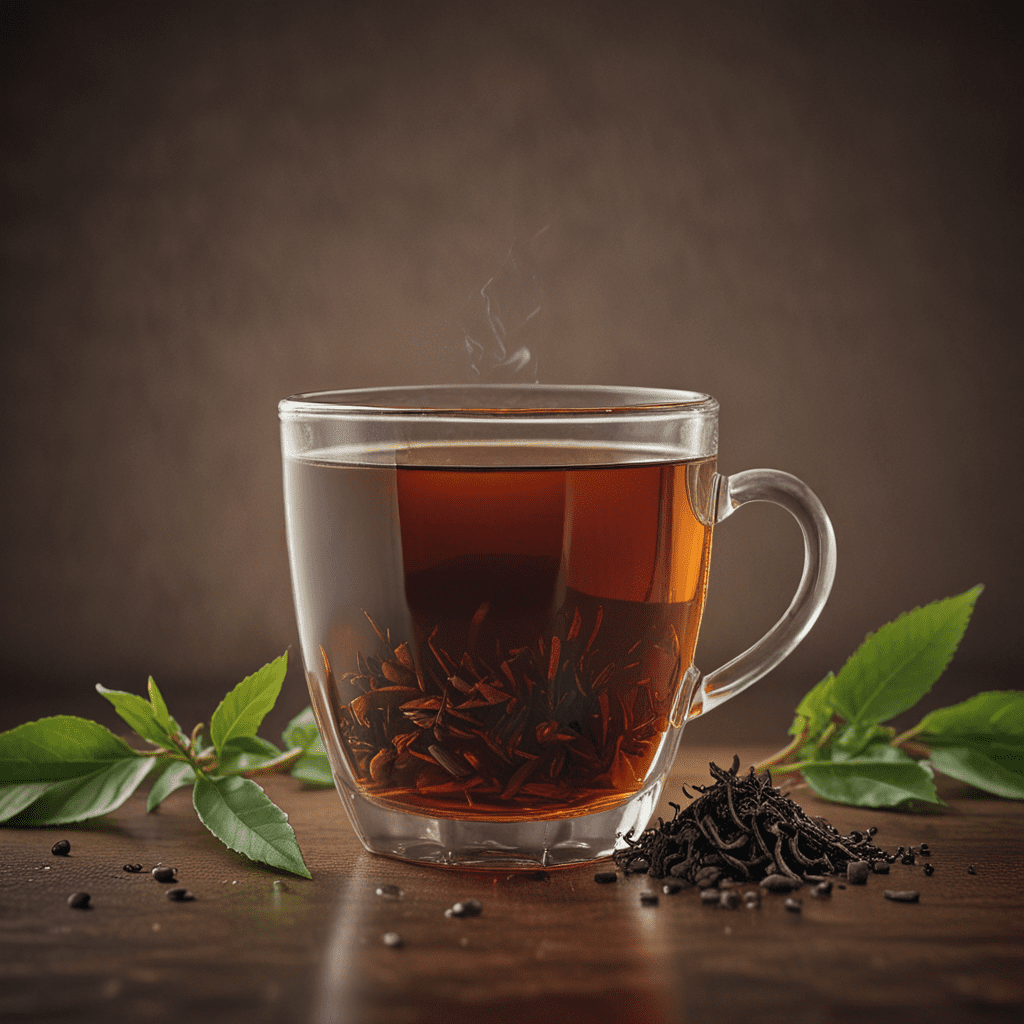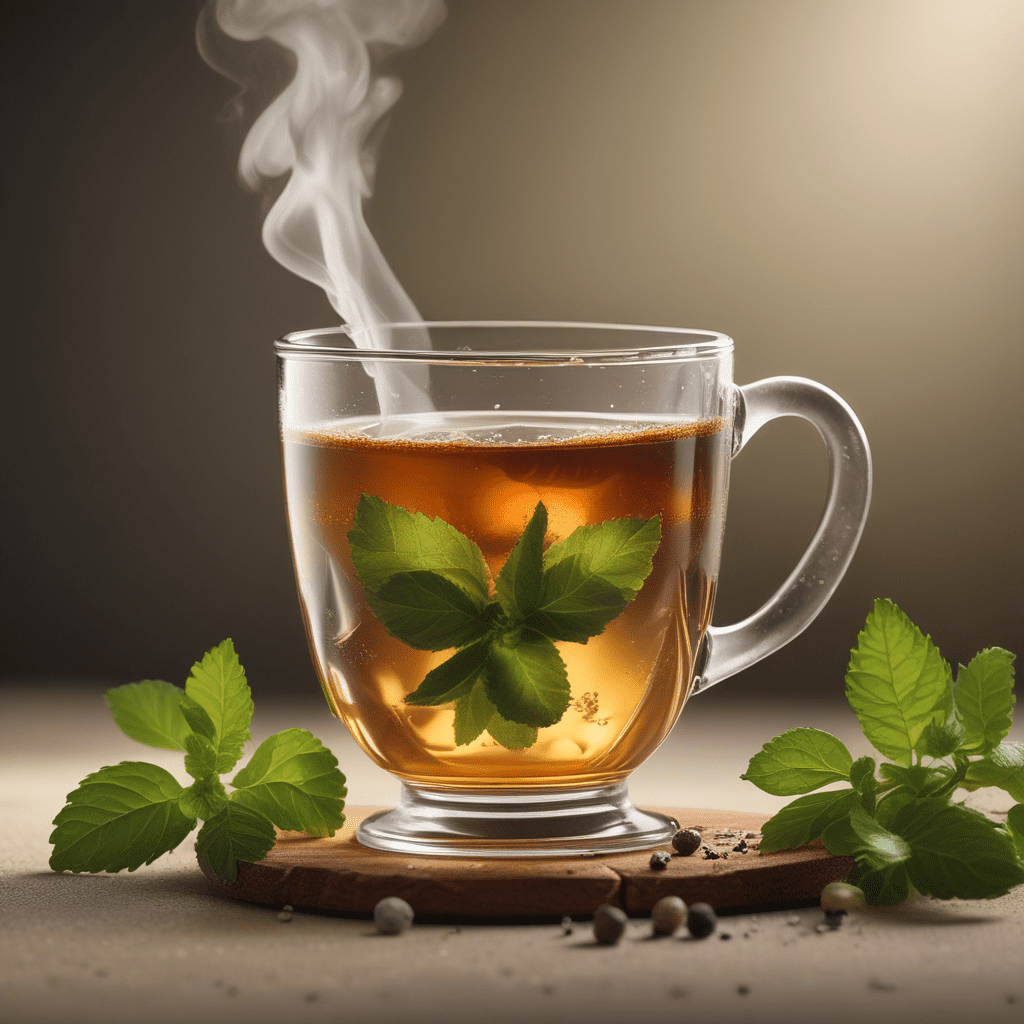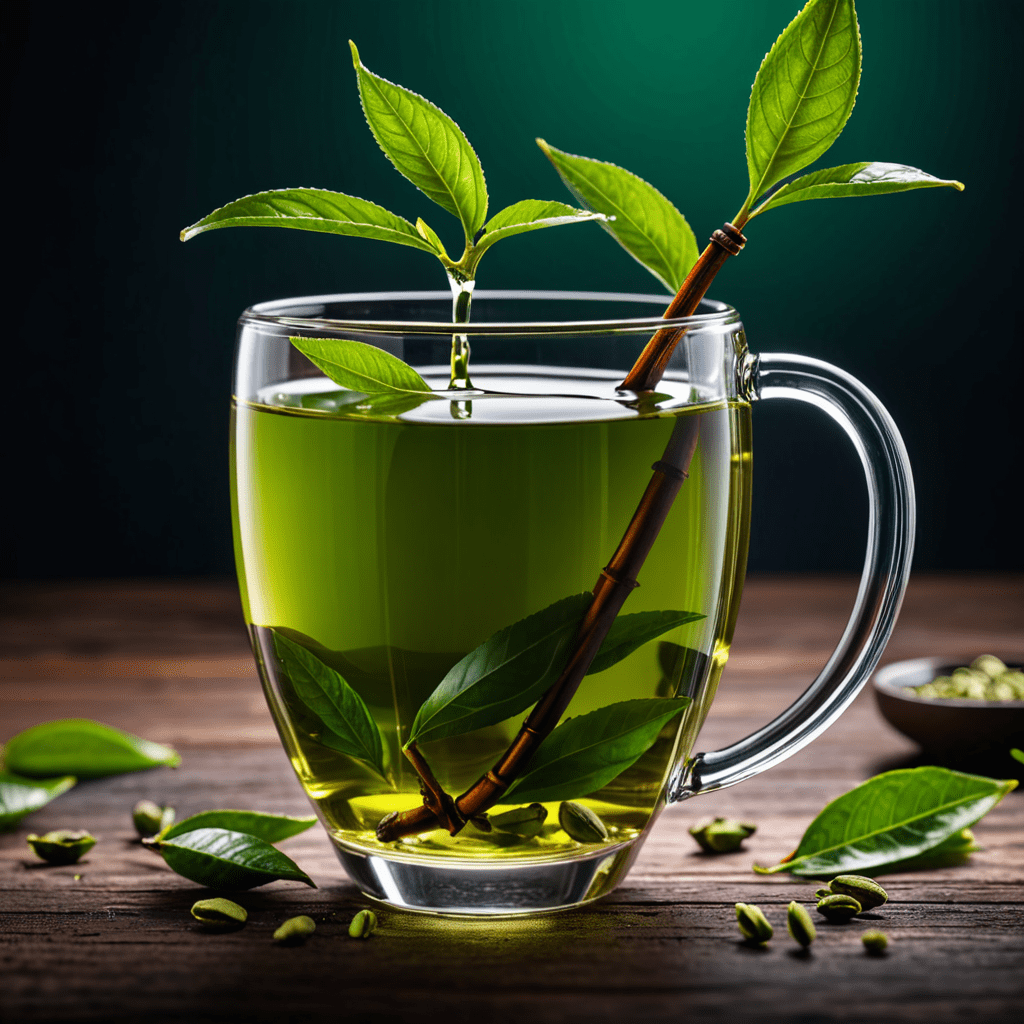
History and Origins of Assam Tea
Assam tea, renowned for its robust flavor and malty aroma, holds a special place in the world of tea. Its journey began in the lush, verdant valleys of Assam, a region in northeastern India. The discovery of indigenous tea plants (Camellia sinensis assamica) in the early 19th century sparked the development of the Assam tea industry.
Unique Characteristics and Flavors
Assam tea stands out with its distinctive characteristics. The leaves are large and dark green, with a higher concentration of chlorophyll, resulting in a rich, full-bodied liquor. The flavor profile is bold and malty, with hints of earthiness and a subtle sweetness. Assam teas are typically brewed strong and often consumed with milk or as a standalone black tea.
Geographical Advantages of Assam
Assam's unique geographical conditions play a crucial role in the cultivation of its exceptional tea. The region experiences a subtropical climate with heavy rainfall and fertile soil, providing ideal conditions for tea plants. The Brahmaputra River, a major waterway that flows through Assam, adds to the soil's richness and provides essential nutrients. These factors collectively contribute to the growth of high-quality tea leaves with characteristic flavors.
The Role of British Colonization
British colonization played a significant role in the development of the Assam tea industry. The East India Company, eager to capitalize on the region's tea-growing potential, introduced modern cultivation methods and established vast plantations. The establishment of infrastructure, including roads and railways, facilitated the transportation and export of Assam tea to global markets, solidifying its position as a world-renowned tea-producing region.
Cultural Significance in Assam
Assam tea is deeply ingrained in the cultural fabric of Assam. It is a symbol of Assamese identity and a source of communal pride. The traditional way of preparing tea in Assam involves boiling it with milk, sugar, and spices like cardamom and ginger, creating a rich and flavorful brew known as "masala chai." Assam tea is an integral part of Assamese festivals and celebrations, and it is often offered to guests as a gesture of hospitality and warmth.
Economic Importance for Assam
The Assam tea industry is a significant contributor to the state's economy. It provides employment to millions of people, both directly and indirectly. The cultivation, processing, and export of Assam tea generate substantial revenue, which supports infrastructure development, social welfare programs, and the overall economic growth of Assam. The industry also plays a vital role in preserving the region's unique ecosystem, as tea plantations help maintain biodiversity and protect soil health.
Tea Industry and Infrastructure Development
The growth of the Assam tea industry has led to the development of supporting infrastructure within the region. Tea factories, processing facilities, and storage warehouses have been established to meet the demands of large-scale tea production. Transportation networks have also been improved to facilitate the efficient movement of tea from plantations to markets both domestic and international. The development of these infrastructure projects has contributed to the overall economic progress of Assam.
Health Benefits and Therapeutic Properties
Assam tea contains a range of polyphenols and antioxidants, which have been linked to various health benefits. These compounds possess anti-inflammatory and antimicrobial properties, which may help protect against certain types of chronic diseases, including heart disease, cancer, and diabetes. Assam tea is also known for its ability to boost the immune system, improve digestion, and reduce stress. The presence of caffeine in Assam tea provides a gentle energy boost, making it a popular choice for those looking for a healthier alternative to coffee.
Assam Tea as a Culinary Ingredient
Beyond its traditional preparation methods, Assam tea is also gaining popularity as a culinary ingredient. Its robust flavor and rich aroma make it an excellent addition to marinades, sauces, and baked goods. Assam tea can enhance the flavors of meat, poultry, and seafood, and it can be used to create unique and flavorful desserts. Chefs and home cooks alike are discovering the versatility of Assam tea as they experiment with new and innovative ways to incorporate it into their culinary creations.
FAQs
FAQs:
Q: What makes Assam tea different from other teas?
A: Assam tea is known for its bold, malty flavor, which is attributed to its unique growing conditions and the high concentration of chlorophyll in its leaves.
Q: Is Assam tea good for health?
A: Yes, Assam tea contains a range of polyphenols and antioxidants that have been linked to potential health benefits, such as reduced inflammation and improved immune function.
Q: What is the traditional way of preparing Assam tea?
A: Traditionally, Assam tea is boiled with milk, sugar, and spices like cardamom and ginger to create a rich and flavorful brew known as "masala chai."
Q: How does Assam tea contribute to the economy of Assam?
A: The Assam tea industry is a significant contributor to the state's economy, providing employment to millions of people and generating substantial revenue that supports infrastructure development and social welfare programs.
Q: What are some unique ways to use Assam tea?
A: Assam tea is gaining popularity as a culinary ingredient, enhancing the flavors of marinades, sauces, baked goods, and desserts. Chefs and home cooks are experimenting with new and innovative ways to incorporate its distinctive flavor into their culinary creations.


